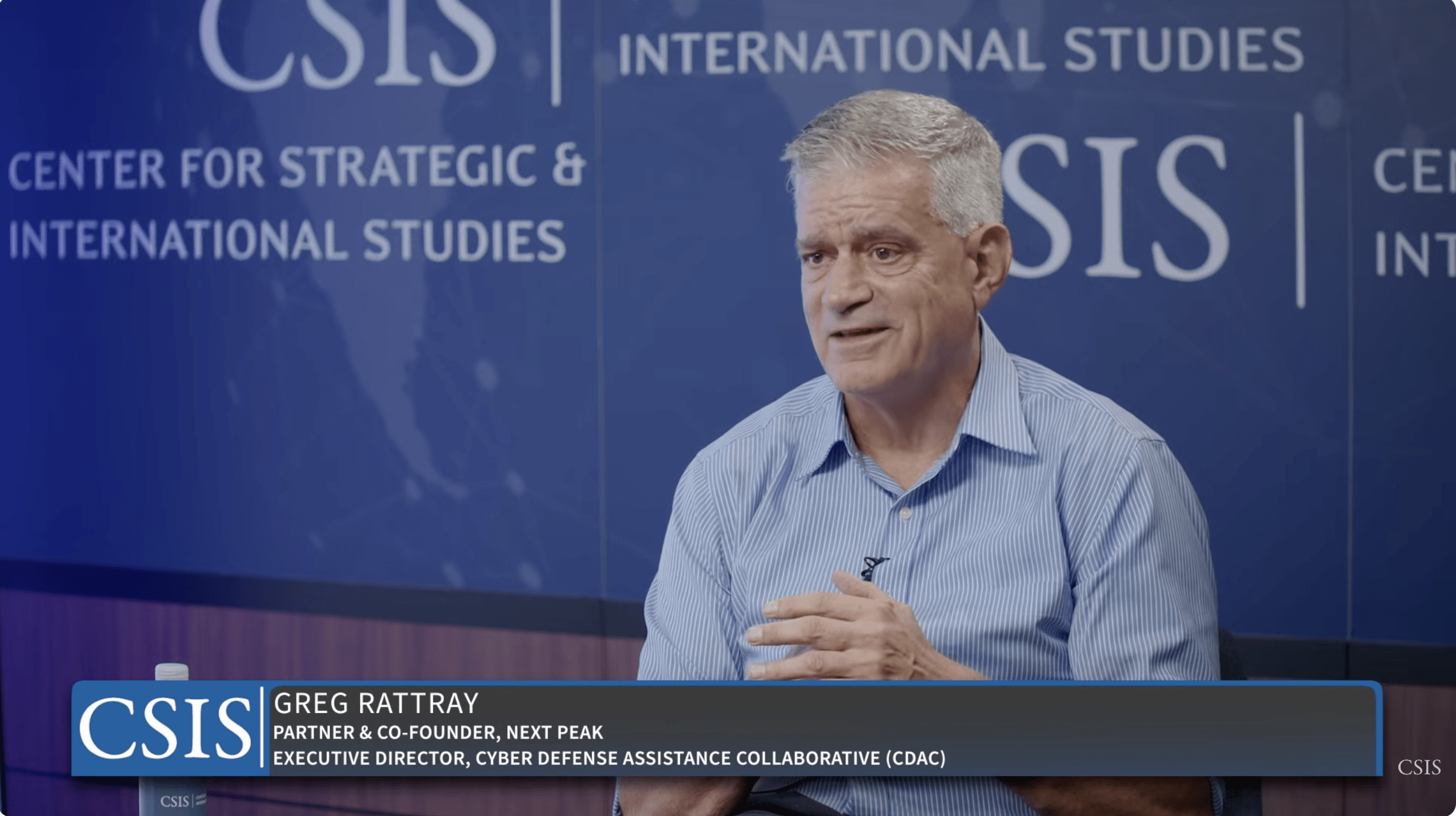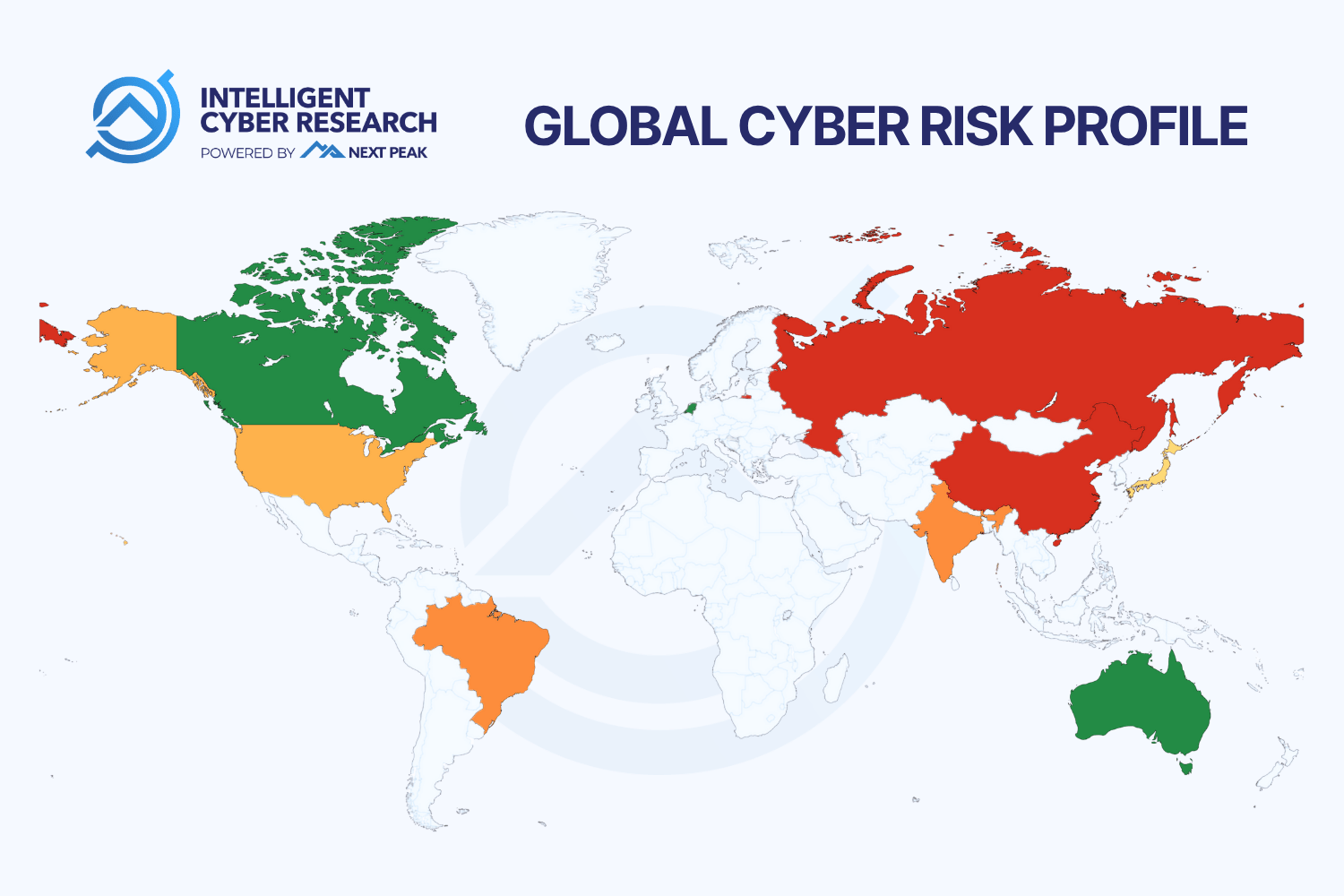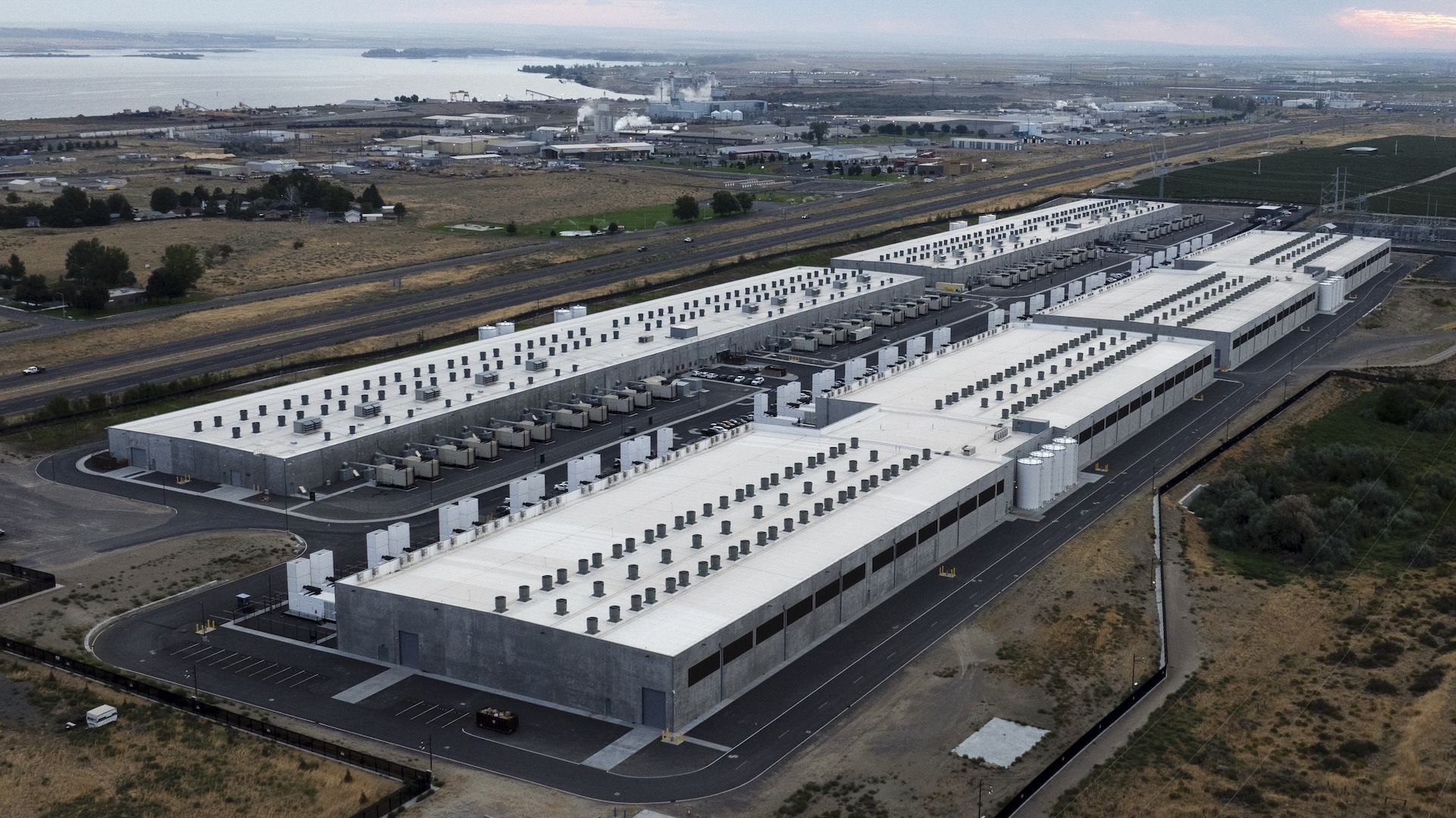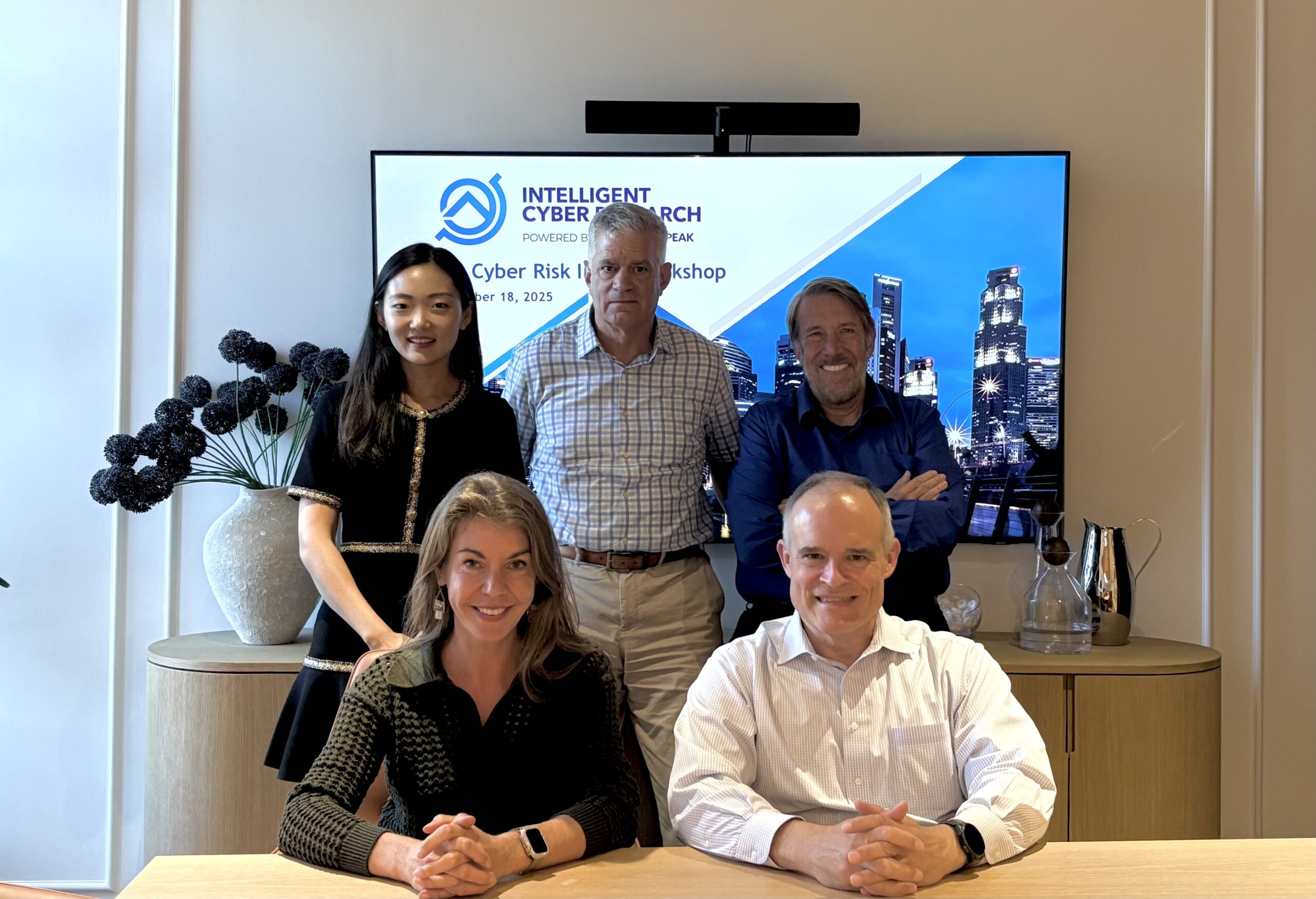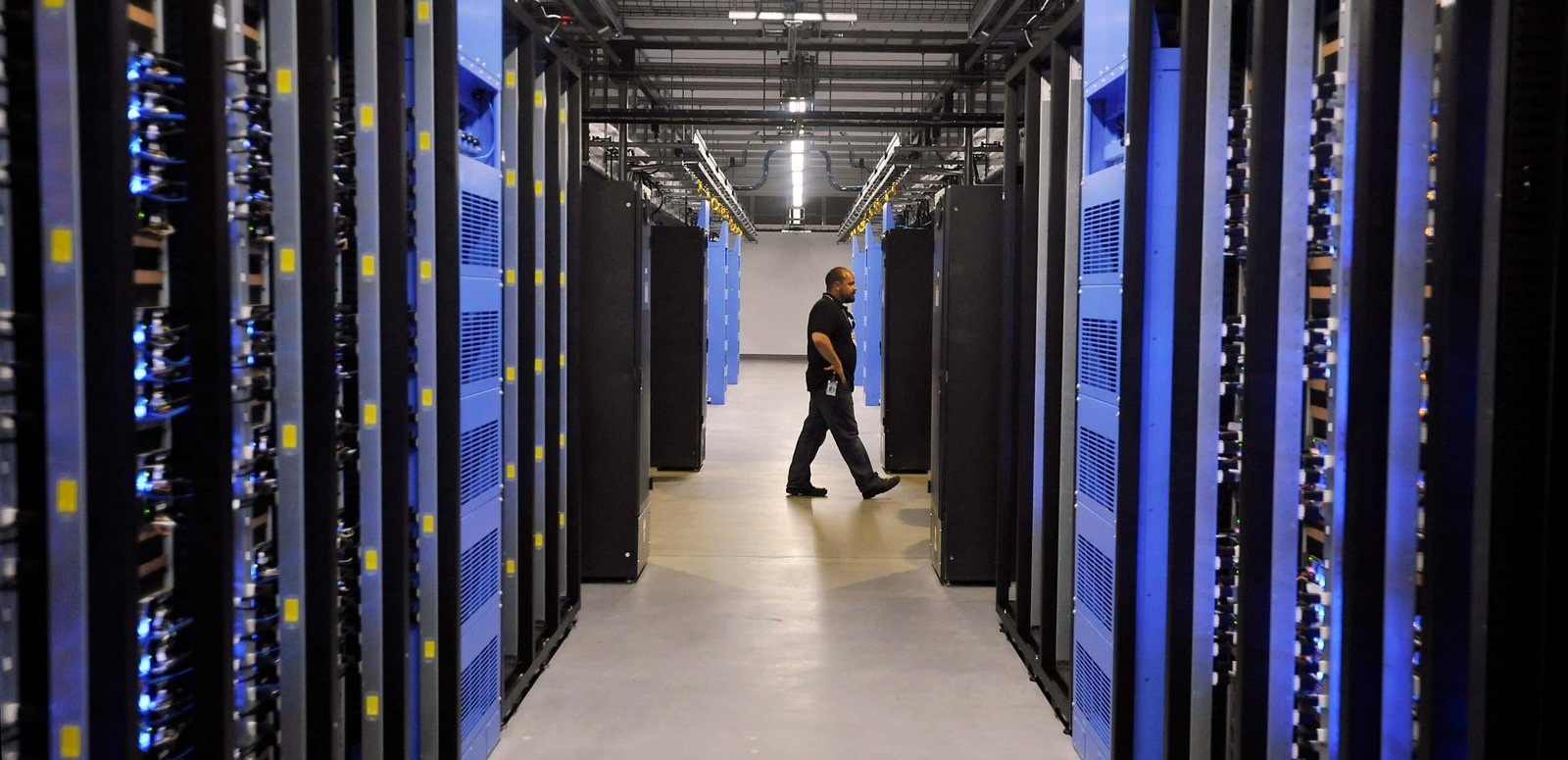CSIS Cyber Leaders Series: How Can Ukraine Win the Cyber War? A Conversation with Dr. Greg Rattray
What is it like to simultaneously fight a cyber war and a shooting war? How does Russia fight in the cyber domain, and how was Ukraine so resilient? What lessons can the United States and allies learn from that resilience? Next Peak's Greg Rattray joins CSIS host, Emily Harding, to speak on lessons learned from the Cyber Defense Assistance Collaborative.
